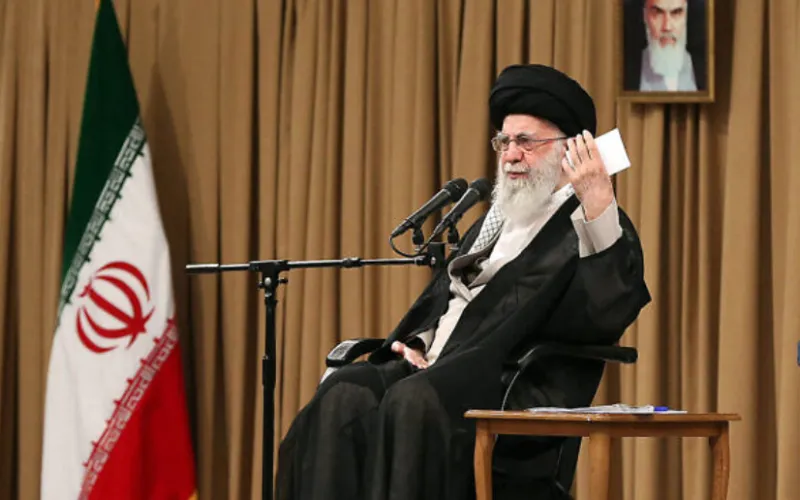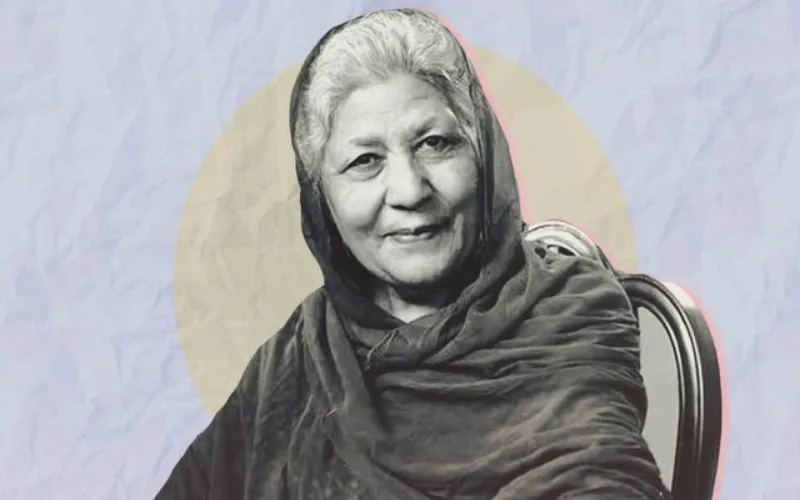KARACHI: Despite the rupee’s impressive recovery against the dollar, which led to a declining trend in the landed cost of imported items, mainly petroleum products, over the last six months, consumers have not experienced any significant price relief.
This situation indicates that the market players have deliberately not passed on the real impact of the global decline in commodity prices, thanks to the government’s utter failure to diligently monitor the prices.
Currently trading at Rs277.91 in the interbank market, the dollar has significantly decreased from its peak of Rs307.10 on Sept 5, 2023. A robust local currency, coupled with a downward trend in world commodity prices and reduced transportation costs, provides a strong rationale for stakeholders to pass on the impact to consumers.
However, market analysts suggest that the negative impact of a massive hike in power and gas charges on locally produced items cannot be ignored.
Strengthening rupee prompts call for cost reduction; wheat flour prices drop, but no decline in bread rates
A price comparison from Sept 5, 2023, to the last week of March 2024, revealed a drop in the national average price of a 20kg wheat flour bag to Rs2,380-2,800 from Rs2,600-3,200. Wheat and fine flour rates have dropped to Rs1,168 per 10kg and Rs152.79 per kg from Rs1,223.79 and Rs155.07, respectively, during the same period.
Chairman of the Karachi Wholesalers Grocers Association (KWGA), Rauf Ibrahim, stated the prices of flour No. 2.5 and fine atta are now Rs110 and Rs126 per kg, but the price regulator cannot intervene with powerful superstores and retail shops selling flour varieties at inflated rates.
“After the drop in wholesale flour rates, consumers have not witnessed any downward trend in roti, naan, bread, sheermal, and taftaan. The manufacturers of these items procure flour varieties from millers and wholesalers,” he said, noting that chakki flour still sells at Rs150-160 per kg.
He added that imported wheat prices in Karachi had dropped to Rs89,000 per 100kg bag from Rs105,000 in the last few months.
Sugar prices dropped to Rs135-156 per kg from Rs165-200 in the last six months.
Prices of masoor, moong, mash, and gram pulses ranged from Rs300-400, Rs280-400, Rs480-620, and Rs230-300 per kg respectively, compared to Rs300-400, Rs250-380, Rs390-600, and Rs220-300 per kg on Sept 7, 2023.
Tea prices remained relatively stable, with the average national price of Lipton tea packs (below 250 grams) unchanged at Rs542-558 over the last six months.
According to government data, the national average prices of five-litre Dalda and 2.5kg other vegetable ghee decreased to Rs2,500-2,750 and Rs1,200-1,310 from Rs2,666-3,110 and Rs1,250-1,460, respectively.
The price of petrol and diesel decreased to Rs280-281.90 and Rs286-287.91 per litre from Rs305-307 and Rs312-314.
In contrast, the LPG crisis has worsened, leading consumers to pay Rs3,200-3,650 per 11.67kg cylinder compared to Rs2,800-3,400 in Sept 2023.
Despite the ban on onion exports during Ramazan, consumers continued to pay Rs130-350 per kg, compared to Rs50-120 per kg in Sept 2023 in the country. The Indian government initially imposed a ban on onion exports on Dec 8, 2023, till March 31, 2024, but recently extended it till further orders to ensure domestic availability and stabilise prices.
Pakistani onion exporters capitalised on the Indian ban to earn foreign exchange, leading to a steep rise in domestic prices. With the export ban lifted in Pakistan on April 15, 2024, local traders are likely stockpiling onions to capitalise on the Indian export ban.
Traders attribute higher meat and animal exports to the increased national average prices of beef with bones and mutton, now ranging from Rs700-1,200 and Rs1,500-2,250, compared to Rs600-1,000 and Rs1,400-2,100 six months ago.
The Indian ban on non-basmati rice in Aug 2023 benefited Pakistani exporters, who shipped 3.460m tonnes of other rice varieties, earning $1.978bn in foreign exchange during July-Feb FY24, compared to 2.180m tonnes earning $968m in the same period last fiscal year.
However, the Sensitive Price Index data showed Irri-6/9 (Sindh/Punjab) sells at Rs140-200 compared to Rs20-200 previously, indicating no significant change.
Published in Dawn, March 31st, 2024





